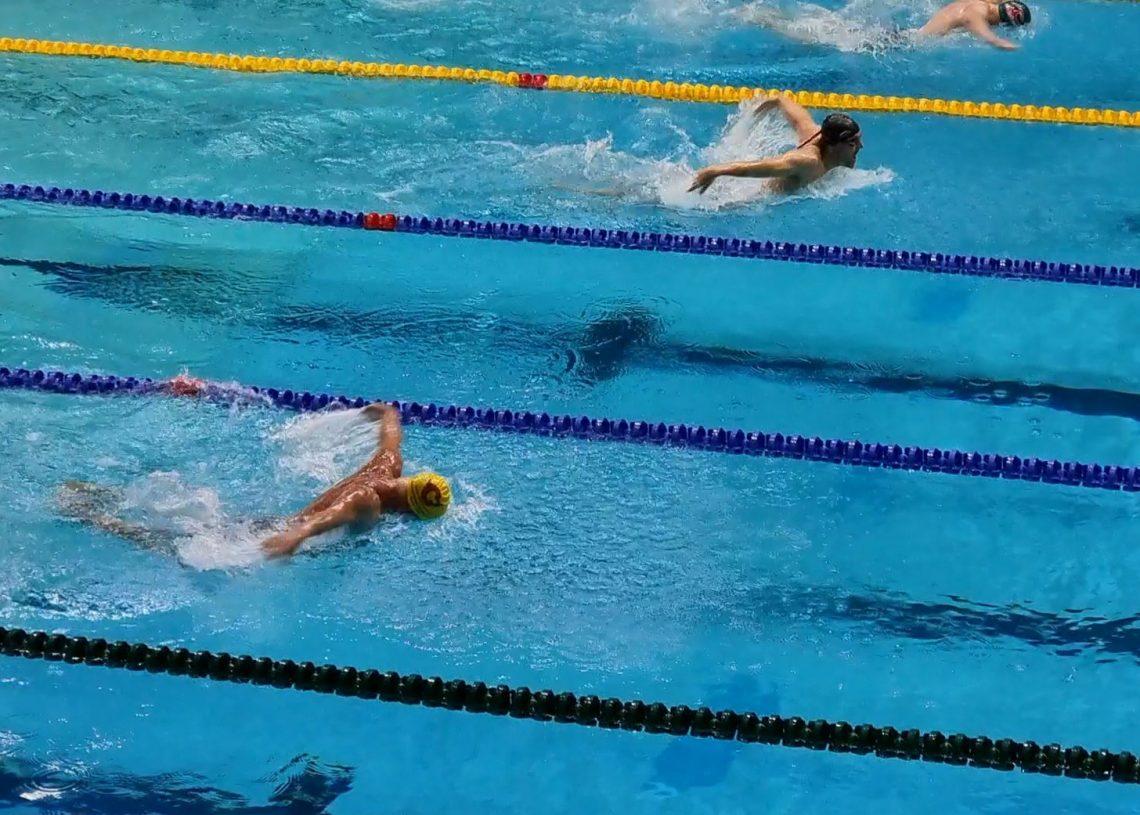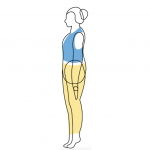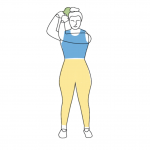
Can remote coaching from a physiotherapist be effective for open water swimmers?
In some cases, doing the right exercises can help fix a swimming-related injury
At the beginning of 2023, I was contacted by Alex Ewart, a swimming specialist physiotherapist based in the US. As an expert in swimming injuries, he offered to write a few articles for Outdoor Swimmer on common injury problems and how to manage them.
In addition, Alex offers remote coaching for swimming-injury management. I was sceptical. How could that possibly work?
At the time, I’d been struggling with discomfort at the back of my right shoulder that sometimes radiated down my arm. It mostly affected me if I swam butterfly, which became painful after a few strokes. It also bothered me on backstroke and sometimes annoyed me on front crawl. My right arm was noticeably weaker than my left, despite being right-handed.
This had been going on for several months. During this time, I’d tried various stretching, strengthening and mobility exercises, but nothing seemed to help. I saw a local physiotherapist for treatment and sports massage, which brought temporary relief but the symptoms returned within a couple of weeks.
Alex’s email was therefore timed perfectly. My shoulder issue was the ideal way to test if he knew what he was talking about it. I described my symptoms and he asked a few further questions. I also sent him a video of me swimming butterfly (or rather, trying to). He came up with a hypothesis and sent me a series of exercises to do, while warning me it would take some time to notice any change. He said there was no reason I shouldn’t carry on swimming as long as I didn’t cause myself too much pain.
You can see some of the exercises Alex recommended for me on his YouTube channel.
In particular, check out bear hug, face pulls, chin tuck on foam roller and downward dog to plank.
I was diligent with the exercises and after about three weeks I was able to report back to Alex that I had noticed some improvement. He then gave me a second set of exercises to replace the first, and then a third. After a further three weeks or so, I could swim pain-free butterfly again.
And not only could I swim butterfly, I felt I could swim it well. This was borne out when I raced recently. Despite not being able to practise for about six months, I swam my second fastest 50m butterfly time ever and my fastest since 2011. I also swam 100m butterfly in a relay, something I couldn’t have done a few months previously. This was also faster than anything I had swum since 2011.
I am a case study of one, and an anecdote is not evidence. Maybe my shoulder would have got better on its own. But if I suffer a future swimming injury, Alex will most likely be the first person I ask for help.
Alex produces a regular email for swimmers looking to avoid or manage injuries, which you can sign up for here: https://mailchi.mp/bbe676e15808/5-must-do-exercises-for-swimmers-shoulder
Alternatively, contact Alex directly via email: Alex Ewart ajewart25@gmail.com
See also: How to keep your shoulders healthy by Alex Ewart








